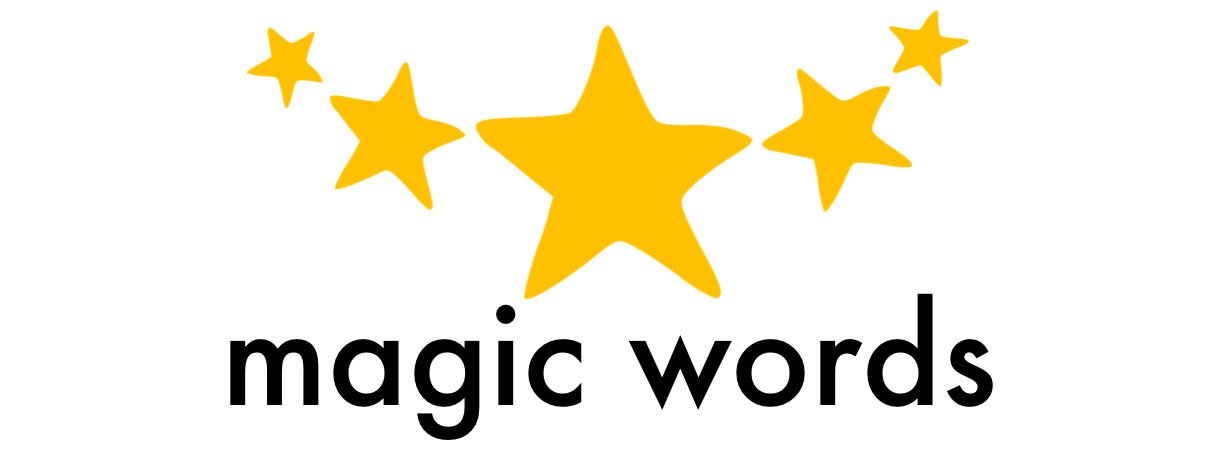By Natasha White
Are you currently working with children and families from a diverse range of communities? Are you a teacher or teaching assistant who wants to cater for EAL and bilingual pupils alongside a classroom full of children with other needs? Are you a speech and language therapist who needs to brush up on your bilingual CPD?
If the answer is yes, then you should consider our upcoming bilingual training days.
Taking place in Sarratt (Hertfordshire postcode WD3 6AS) in February and June 2018, Sunita Shah will ensure that you leave with insightful and practical ways of approaching bilingual clients, pupils and their families. She has nearly 20 years experience of working with bilingual children-- so any questions you might have will be welcome!
The aims of the day:
To understand the requirements to adapt practice to meet the needs of different clients groups distinguished by cultural or language. This will also be applied to working within a multi-cultural society (paediatrics).
The objectives of the day:
Getting to know your patch, how to collate demographical information.
To develop and understand a true definition of “Bilingualism”
Bilingual language development. Laying the foundations to the development and acquisition of one or more languages.
To demonstrate a progressively deeper understanding of underlying theoretical concept and typologies of bilingual language development.
To able to identify what factors may affect second language acquisition.
Why a child may mix two languages, and if this is a characteristic of disordered language.
To identify tests suitable for bilingual clients
To be able to adapt and develop informal assessment to gain a base line of all the languages the child is exposed to.
To be able to identify though formal/informal assessment if a child presents with a specific language impairment or limited knowledge of the additional language used within their environment.
To be able to take an additional case history gathering more information on language use.
To be able to train and work with an interpreter identifying the skills required by both the therapist and the interpreter.
How to decide which language to be used during intervention.
To identify what the advantages of bilingual language development are.
To identify components of delivering a “cultural competent” service”
To have an opportunity to develop problem solving when working with a bilingual client using various case studies.
To collate reading list and reference to further develop skills when working with children and families from diverse communities.
Alternatively, if you are a parent seeking therapy for your bilingual child and are living in the Harrow area, please contact us. Sunita is taking bookings now!




